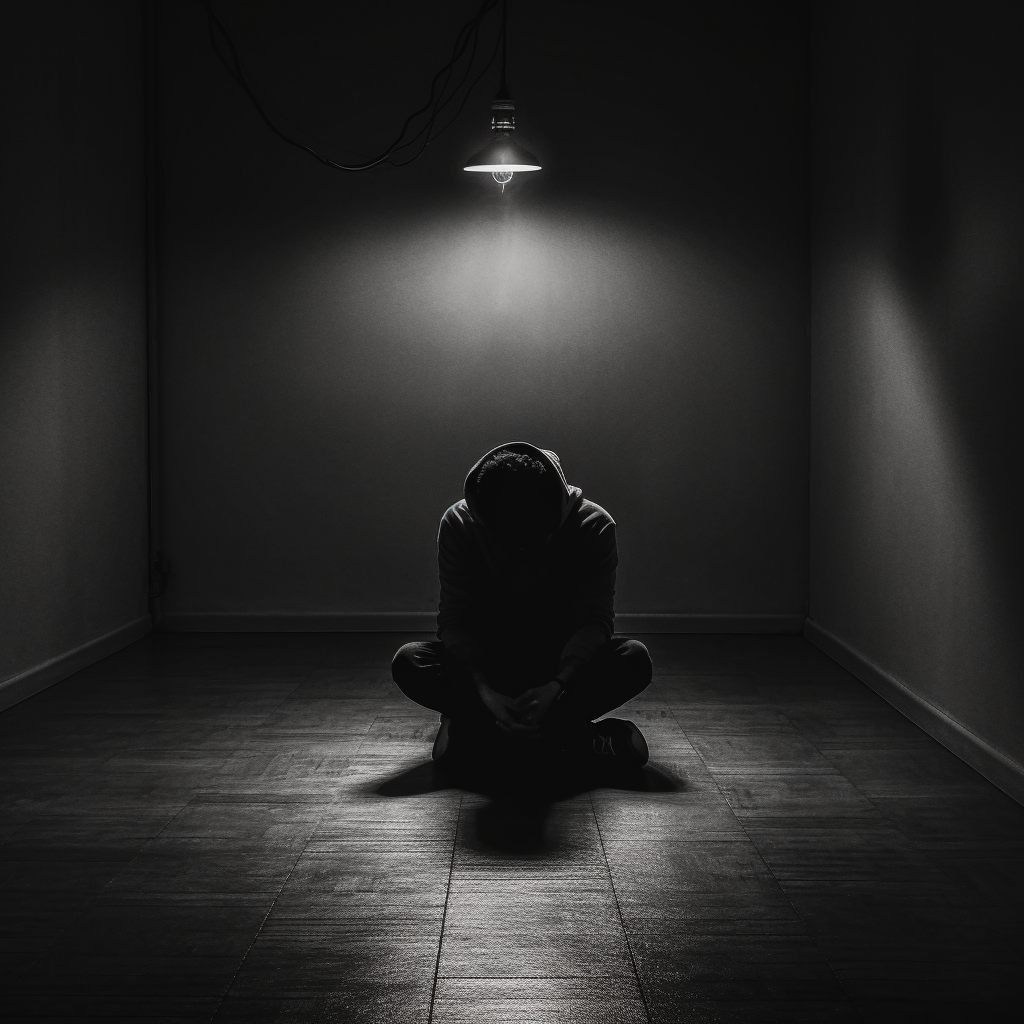From Darkness to Light: Understanding and Overcoming Depression through Life Changes, Support, and Self-Empowerment
Depression is not merely a passing phase of emotion or a symptom of frailty. Millions of people all over the world are impacted by this major mental health problem. It is essential to comprehend the many causes of depression and identify practical solutions. This article seeks to clarify the causes of depression and investigate strategies for putting one's health first for a better future.
Life Adapts
Every stage of life that a person experiences has its own unique set of difficulties. Positive or unpleasant life changes can frequently lead to stress. Feelings of sadness, guilt, fear, and loneliness can follow a breakup or divorce. Losing a job can be stressful financially and damaging to one's self-esteem. Even seemingly pleasant life transitions like getting married, having a baby, or relocating to a new place for work can cause a lot of stress because of getting used to the new circumstances.
One of the most important things to keep in mind during these times is that asking for help is acceptable. Getting a different point of view on things may frequently be illuminating and reassuring, whether it comes from a professional source like a therapist or counselor or from a personal one like a dependable friend or family member.
Trauma
Violence, abuse, and other traumatic events don't simply have immediate impacts; they can also have long-lasting effects that affect a person's mental health. A prevalent mental health condition brought on by traumatic events is post-traumatic stress disorder (PTSD), which has been shown to greatly raise the chance of developing depression.
Anyone living with the effects of trauma has to understand that they don't have to handle it alone. Therapy or counseling from a professional can provide you the tools you need to move past the trauma and toward healing.
Chronic Stress, Substance Abuse, and Health Problems
Constant stress, whether it be brought on by work, personal matters, or financial difficulties, may be very harmful to mental health. Burnout, anxiety, and depression can result from persistent stress. In a similar vein, coping with chronic health conditions like diabetes or heart disease or overcoming addiction might hasten the onset of depression.
It's imperative to put self-care first in these circumstances and, if necessary, seek expert assistance. For those facing these difficulties, stress-reduction methods, appropriate medical care, and support groups may be helpful.
Putting wellbeing first
Getting Professional Assistance
It takes courage to ask for professional assistance when trying to beat depression. A mental health expert can effectively identify depression and assist in creating an efficient treatment strategy. Hypnosis might be used in this strategy.
Constructing a Support System
A big impact can be made by being around by others who understand your situation. You can get emotional support and keep up with your treatment if you have a solid support network. Don't be afraid to get in touch with dependable friends and family members or to join a support group where you can meet others going through similar things.
Investigation of Alternative Therapies
Alternative treatments for depression, including hypnosis, yoga, and mindfulness-based cognitive therapy (MBCT), have demonstrated positive outcomes. The thinking patterns that contribute to depression can be changed using hypnosis. You can learn to focus on the now through mindfulness exercises, which will help you feel less anxious about the future or guilty about the past. Yoga can encourage relaxation and aid in stress management.
Changing Your Lifestyle
Health, both physical and mental, are closely related. Endorphins, sometimes known as "feel-good" hormones, are released as a result of regular exercise and have been shown to have antidepressant and mood-improving effects. A well-balanced diet offers the nutrients the brain needs to function properly, and getting enough sleep aids with mood regulation and stress management.
In essence, the journey towards overcoming depression involves understanding its causes, seeking help, building a robust support system, and prioritizing physical and mental well-being. Even if the path to a healthier future may not be simple, every step you take in that direction is a success. Keep in mind that you are not alone and that getting help is okay.


